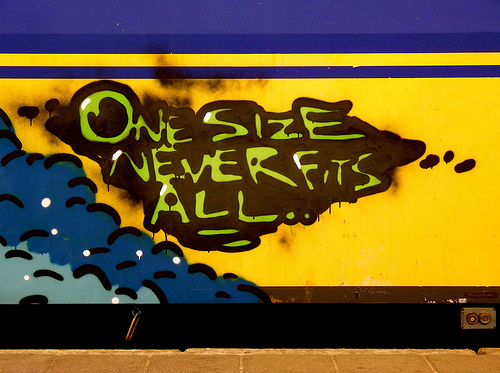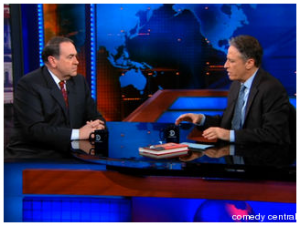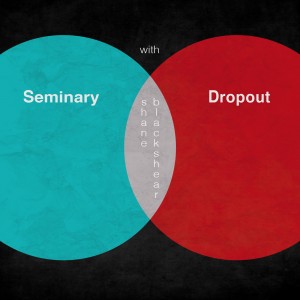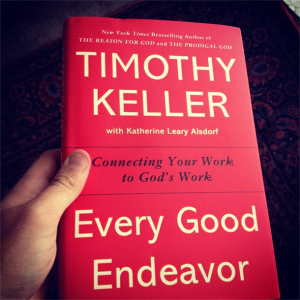I made Kate cringe once because I told her that I would be happy taking all of my meals in pill form if I could get the proper nutrition and move on with my day. She knew that it was true. In fact, for breakfast every day I blend up a bunch of nutritious ingredients that have no business being mixed together. There’s no assortment of delicious flavors, but I can check breakfast off the list.
I wonder if we do the same thing with spiritual discipline.
Growing up I was offered a select few avenues for Christian growth. Those avenues in no particular order were:
1. Reading your Bible
2. Praying
3. Going to church/Worship (I realize these are not synonymous, but they were meant to be most of the time when they were brought up in the ‘spiritual growth’ context)
…and really that’s all I can think of. A generalization of the churches stance on avenues for spiritual growth? Yes, but not by much. My experience was that if any additional paths to connect with God were mentioned, they were in passing, brought up only because they were mentioned in the scripture being read at the moment.
I don’t know when the church turned it’s back on our creative devotion traditions. My guess is that it was response to eastern mysticism and postmodernism. Instead of differentiating Christian meditation that fills the mind with things of Christ and eastern mysticism that attempts to empty the mind, we simply wrote off meditation all together, thinking ‘we’ll just stop connecting with God that way.’
I remember reading Richard Foster’s book “The Celebration of Discipline” for the first time. My sheltered mind was blown by chapters on:
Fasting
Simplicity
Solitude
Submission
Service
Confession
Beyond these categories we’re invited to experience God in even more personal ways. I once heard that Foster himself was in the habit of getting up before the sun rises and staring at the flame of a candle. Apparently, Foster found that even within the discipline of meditation he needed to personalize it. He found something that, for him, aroused his love for God.
Tony Campolo has said that in the morning he says the name of Jesus over and over again and he finds that it orients him appropriately to begin his day.
Why are we surprised when a one size fits all approach to prayer, scripture reading and worship feels stale, neutered, and trite?
God invites us to use the creativity that he gave us, to connect with him in ways as personal and unique as our finger prints.
Are we taking spiritual discipline in pill form, all the while missing out on the delicious flavors and aromas we are meant to be enjoying?
What are some personalized or peculiar ways you’ve found to connect with God? Have you found the one sized fits all model to be lacking?
On a separate note. Thanks to all who have subscribed, left ratings, and listened to Seminary Dropout. It’s been a featured podcast on iTunes all week! Look for a new episode next Monday.
artwork by Akbar Sim on flickr


















